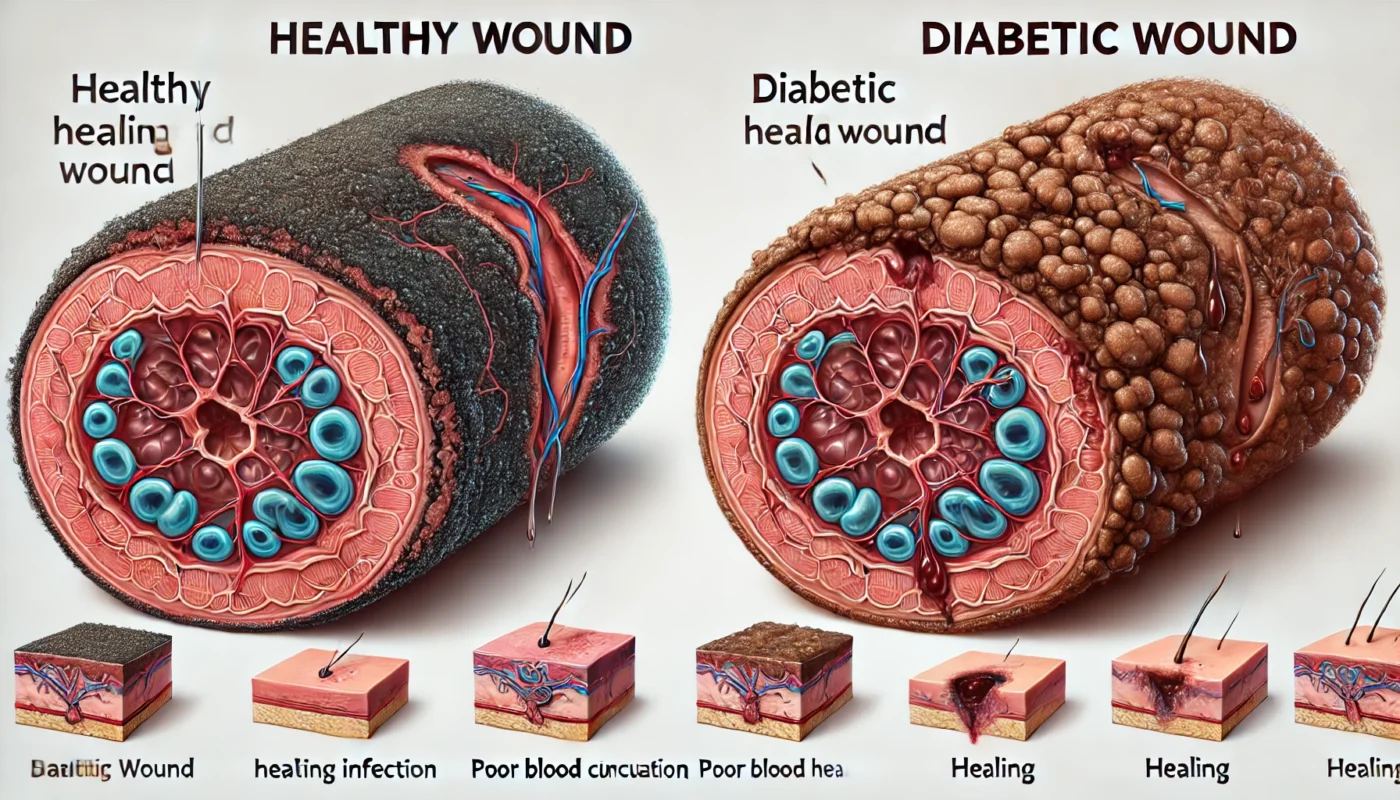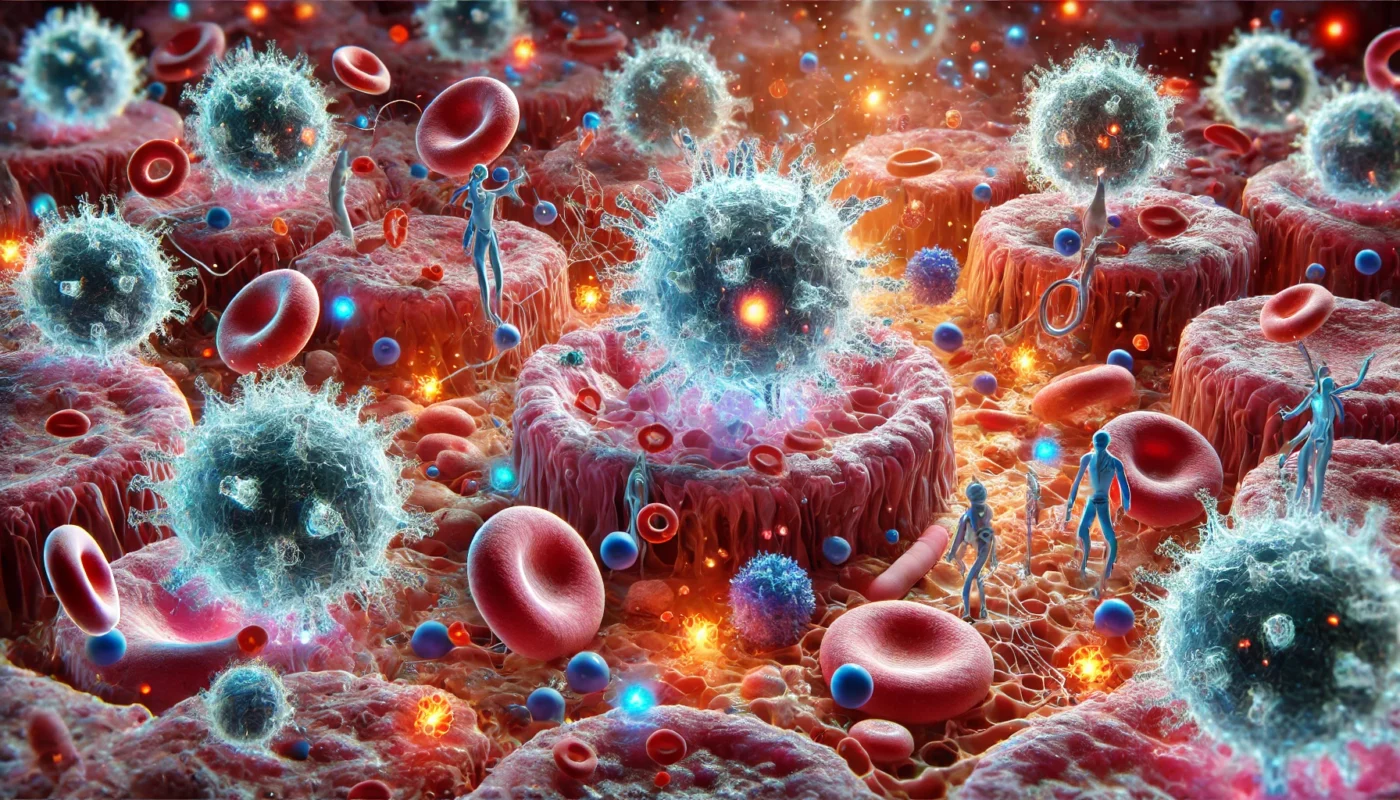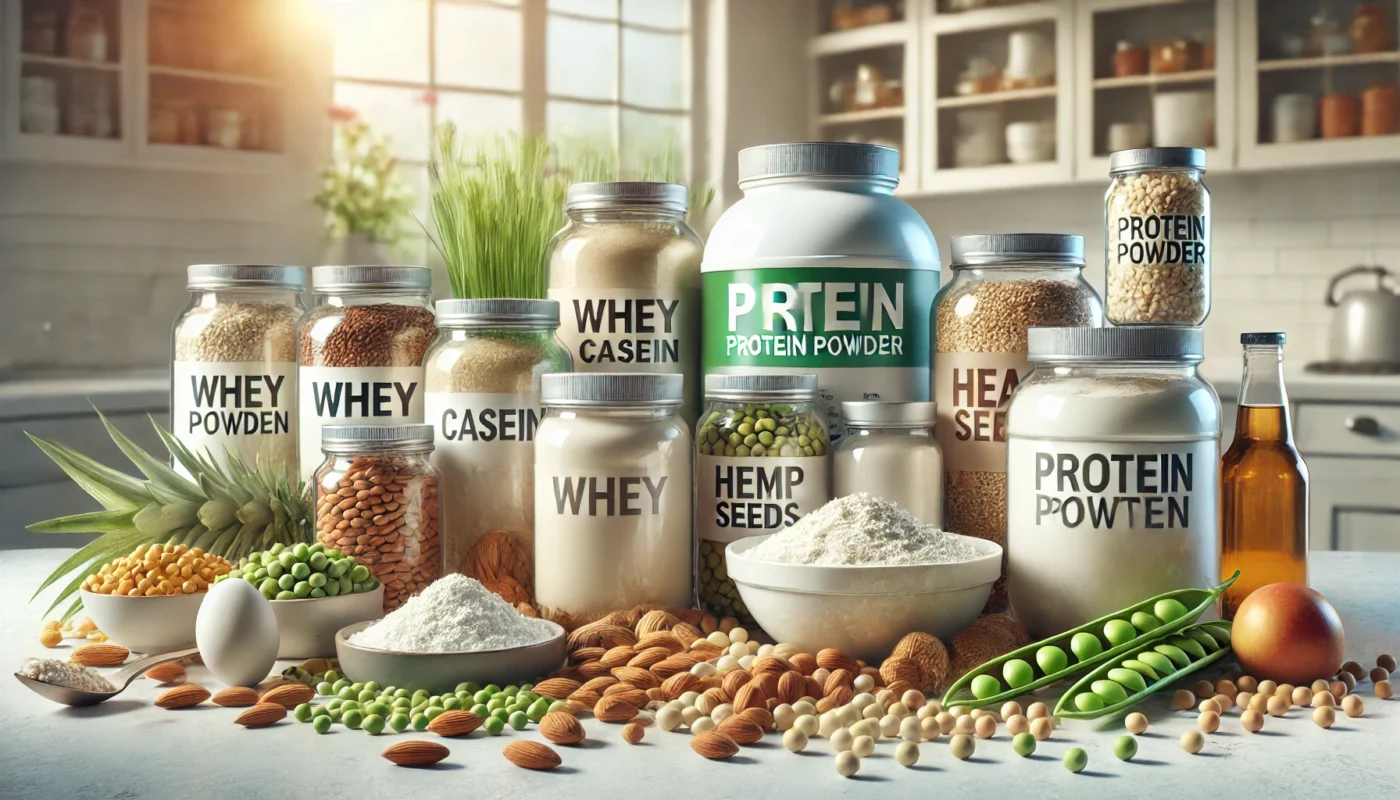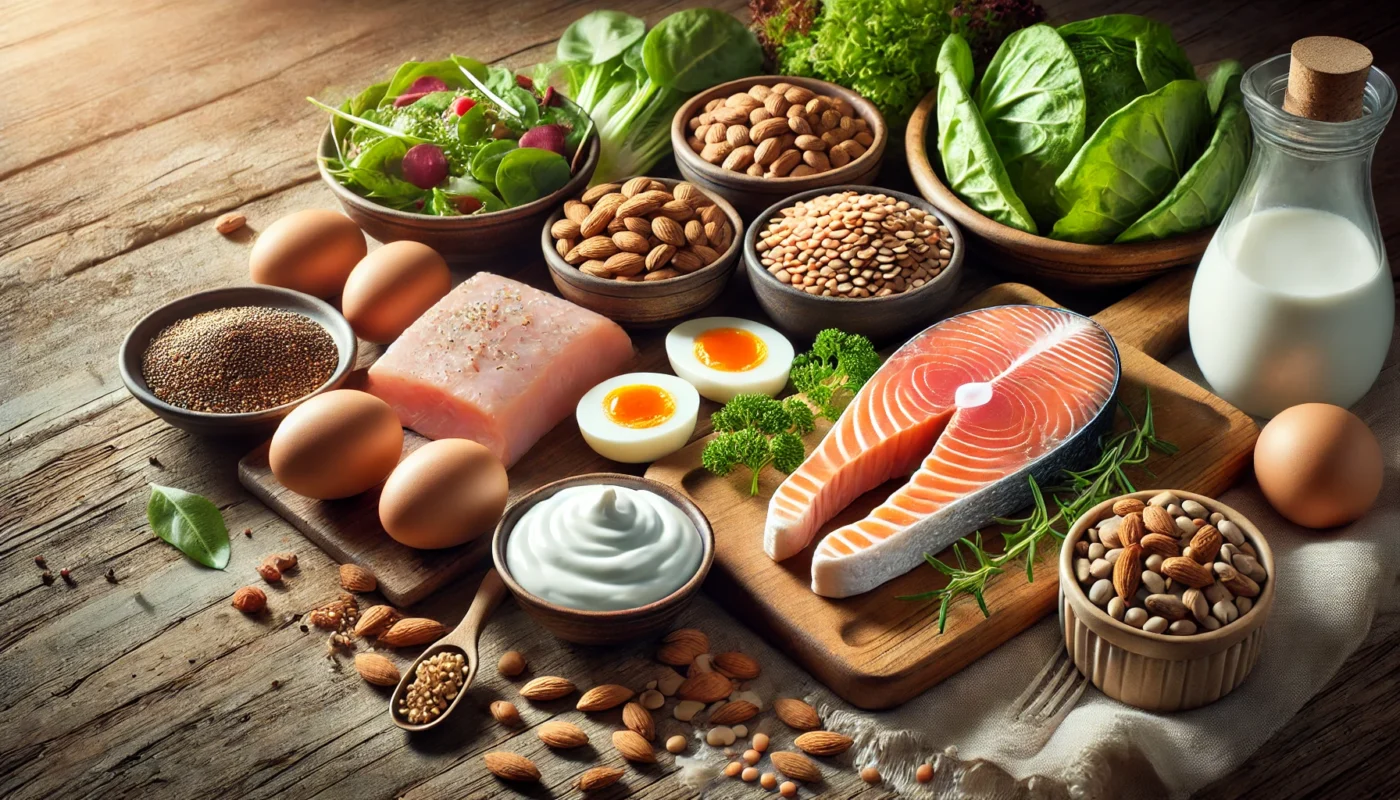Diabetes, a chronic condition characterized by elevated blood glucose levels, presents numerous challenges, one of which is impaired wound healing. This complication can lead to severe consequences if not managed properly, making it imperative for individuals with diabetes to understand the nuances of diabetic wound care. This article delves into the intricacies of diabetic wound management and offers practical strategies to prevent complications.
Tag Archives: protein
When managing autoimmune conditions, nutrition plays a pivotal role. The debate around eggs in the context of autoimmune diseases is ongoing, with questions such as: “Why are eggs bad for autoimmune disease?” and “Are eggs really detrimental to autoimmune health?” surfacing frequently. In this article, we will explore the nutritional benefits of eggs, assess their impact on autoimmune diseases, and provide practical advice for those considering incorporating eggs into their diet.
Inflammation is the body’s natural defense mechanism, triggered by the immune system to protect against injury, infection, or toxins. It involves the release of inflammatory proteins and chemicals to facilitate healing. However, when inflammation persists, it can result in chronic conditions. The key to managing inflammation lies in balancing the body’s response, ensuring it is neither overactive nor underactive.
When the body detects an injury or harmful pathogen, the immune system springs into action. White blood cells are dispatched to the affected area, releasing chemicals that cause blood vessels to expand. This process allows more immune cells to reach the site, facilitating repair. However, this response must be carefully regulated, as an unchecked immune reaction can lead to tissue damage.
Inflammation involves a complex interplay of cellular and molecular events. Pro-inflammatory cytokines and chemokines are produced to recruit immune cells to the site of injury. Additionally, the complement system, a group of proteins in the blood, becomes activated to enhance the ability of antibodies and phagocytic cells to clear pathogens. Understanding these mechanisms is crucial for developing strategies to manage inflammation effectively.
In the realm of nutrition and recovery, protein stands as a cornerstone, particularly when it comes to healing from injuries or surgeries. Protein powders have emerged as a convenient and effective way to supplement our diets with this essential macronutrient, playing a pivotal role in wound healing and recovery. In this article, we will delve into the benefits of protein powder for healing, examining scientific research and offering practical advice on how to incorporate it into your recovery regimen.
The body’s healing process is a marvel of nature, involving a complex interplay of cells, tissues, and nutrients. After surgery or injury, your body requires additional support to repair itself efficiently and effectively. Understanding the role that vitamins play in this process can help you optimize your recovery and ensure that you’re giving your body the best chance to heal.
In this article, we delve into the vitamins that are crucial in promoting healing, explore the best foods to consume post-surgery, and provide practical advice on creating a diet that supports your body’s recovery journey.
When it comes to healing, particularly after surgery or injury, your body requires certain nutrients to repair tissues and restore health. Among these nutrients, protein plays a pivotal role. This article delves into how protein-rich diets can enhance healing efficiency, supported by scientific research and practical advice.
Recovery is an integral part of any fitness regimen, yet it’s often overshadowed by the excitement of workouts and exercise routines. However, understanding and optimizing recovery is key to achieving your fitness goals. One of the foundational elements of effective muscle recovery is nutrition, particularly the incorporation of essential vitamins that facilitate muscle repair, growth, and overall recovery.
In this comprehensive guide, we will delve into the best vitamins for sore muscles, those that enhance strength, and those that are pivotal for muscle repair and growth. We’ll explore how these nutrients can be leveraged to maximize your post-workout recovery.
Muscle strains can be a real pain. They can disrupt your daily routine, hinder your fitness goals, and even impact your overall wellbeing.
Understanding the best remedies for muscle strain relief is crucial. It can help you manage the discomfort and expedite your recovery process.
This article aims to be your comprehensive guide. We’ll delve into the science behind various medications and holistic approaches. We’ll provide clear, actionable strategies to help you recover from muscle strains.
Whether you’re a fitness enthusiast, a health enthusiast, or a medical patient, this guide is for you. We’ll help you navigate the complex world of muscle strain treatments.
We’ll discuss over-the-counter medications, like ibuprofen and acetaminophen. We’ll explore their effectiveness and potential side effects.
We’ll also look at natural remedies and alternative therapies. We’ll examine their role in muscle strain recovery and pain management.
By the end of this guide, you’ll have a better understanding of muscle strain treatments. You’ll be equipped with practical tips to manage and recover from muscle strains. Let’s dive in and explore the top remedies for muscle strain relief.








